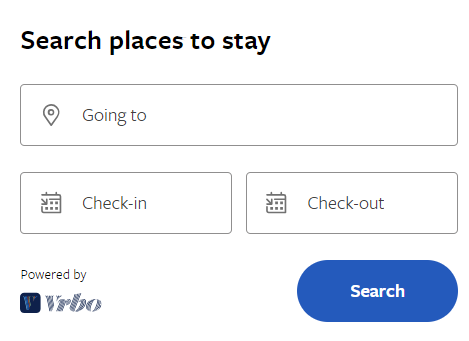Traveling can be an exciting and enriching experience, but it’s important to prioritize your health and safety while on the road. Whether you’re traveling for work or pleasure, here are some tips to help you stay healthy and safe during your adventures.
1. Pack a First Aid Kit
It’s always a good idea to pack a first aid kit when traveling. Include essentials such as band-aids, pain relievers, antiseptic wipes, and any prescription medications you may need. Having these items on hand can help you quickly address minor injuries or illnesses while on the go.
2. Stay Hydrated
Traveling can be dehydrating, especially if you’re flying or visiting hot climates. Make sure to drink plenty of water throughout your trip to stay hydrated and avoid fatigue. It’s also a good idea to limit your intake of alcohol and caffeinated beverages, as these can contribute to dehydration.
3. Practice Safe Eating Habits
One of the best parts of traveling is trying new foods, but it’s important to be mindful of food safety practices. Avoid eating street food from questionable vendors, and opt for restaurants with good hygiene practices. Wash your hands often, and be cautious of food allergies if you have any.
4. Protect Yourself from the Sun
If you’re traveling to a sunny destination, make sure to protect yourself from the sun’s harmful rays. Wear sunscreen with a high SPF, sunglasses, and a hat to shield your skin and eyes from UV damage. Avoid prolonged sun exposure, especially during peak hours.
5. Stay Active
Traveling often involves long periods of sitting, whether you’re on a plane, train, or in a car. Make an effort to stay active during your trip by taking walks, exploring new cities on foot, or engaging in physical activities like swimming or hiking. Staying active can help boost your energy levels and maintain your overall health.
6. Get Sufficient Rest
Traveling can be tiring, so make sure to prioritize getting enough rest during your trip. Aim for a regular sleep schedule, even if you’re changing time zones. Create a relaxing bedtime routine, and try to minimize disruptions to your sleep, such as noise or light in your accommodations.
7. Be Mindful of Your Surroundings
When traveling to unfamiliar destinations, it’s important to be aware of your surroundings and stay alert to potential risks. Keep your belongings secure, avoid displaying valuable items, and trust your instincts if a situation feels unsafe. Stay informed about local customs and traditions to avoid inadvertently offending anyone.
8. Stay Connected
Make sure to stay connected with friends or family members while traveling, especially if you’re venturing solo. Share your itinerary with someone you trust, and check in regularly to let them know you’re safe. Keep important contact numbers handy, including emergency services and your embassy or consulate.
Conclusion
By following these tips for staying healthy and safe while traveling, you can ensure a smooth and enjoyable trip. Prioritize your well-being, be mindful of your surroundings, and take proactive measures to protect yourself during your adventures. With the right preparation and precautions, you can relax and make the most of your travel experiences.
FAQs
Q: Is travel insurance necessary?
A: Travel insurance is not mandatory, but it can provide valuable protection in case of unexpected emergencies such as trip cancellations, medical emergencies, or lost baggage. Consider your travel plans and personal circumstances to determine if travel insurance is a wise investment for your trip.
Q: What should I do in case of a medical emergency while traveling?
A: In case of a medical emergency while traveling, seek immediate medical attention by contacting local emergency services or visiting the nearest hospital or clinic. Make sure to have your travel insurance information on hand, and notify your emergency contacts of the situation. Follow medical advice and instructions provided by healthcare professionals.










![From Historic Sites to Modern Marvels: [city/town]’s Best Cultural Attractions](https://i3.wp.com/cdn.pixabay.com/photo/2017/11/21/00/42/christmas-2967062_960_720.jpg?w=180&resize=180,135&ssl=1)









![Unraveling [destination]: A comprehensive exploration for travelers](https://i1.wp.com/cdn.pixabay.com/photo/2018/05/18/04/00/work-3410295_960_720.jpg?w=180&resize=180,135&ssl=1)






